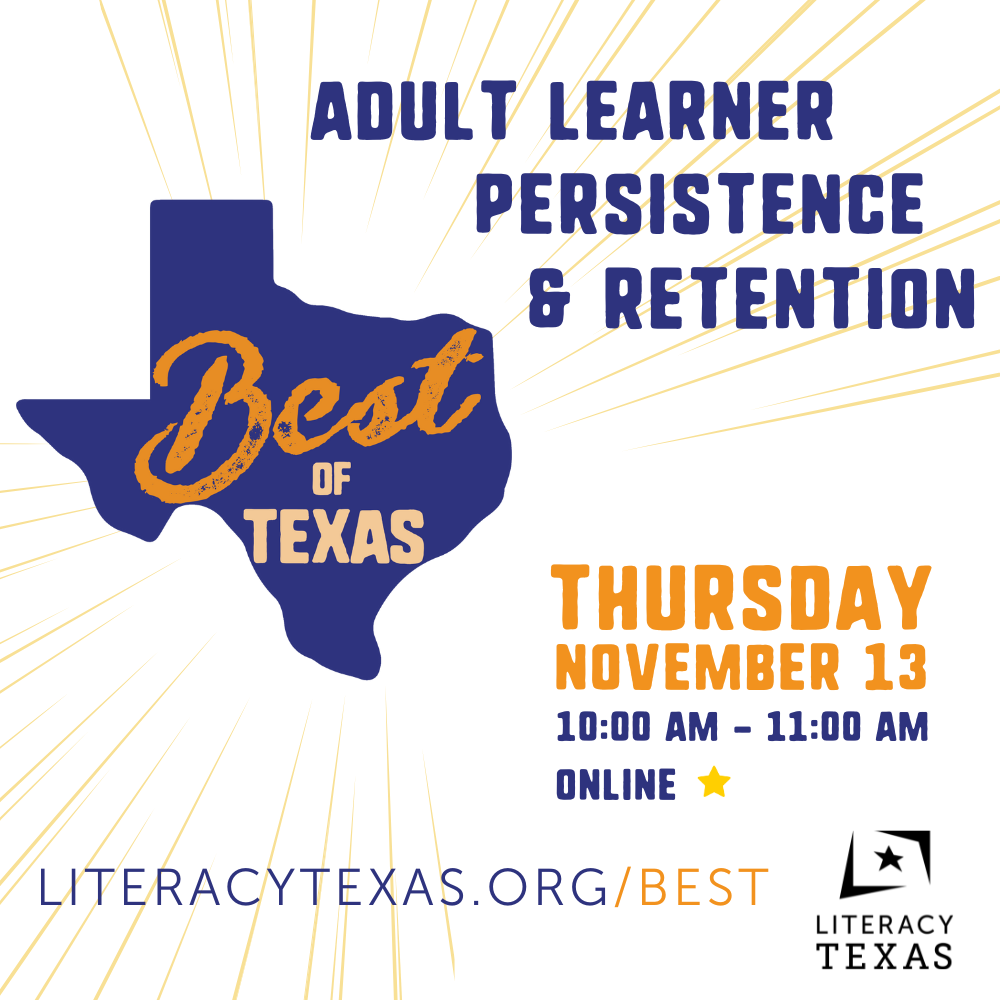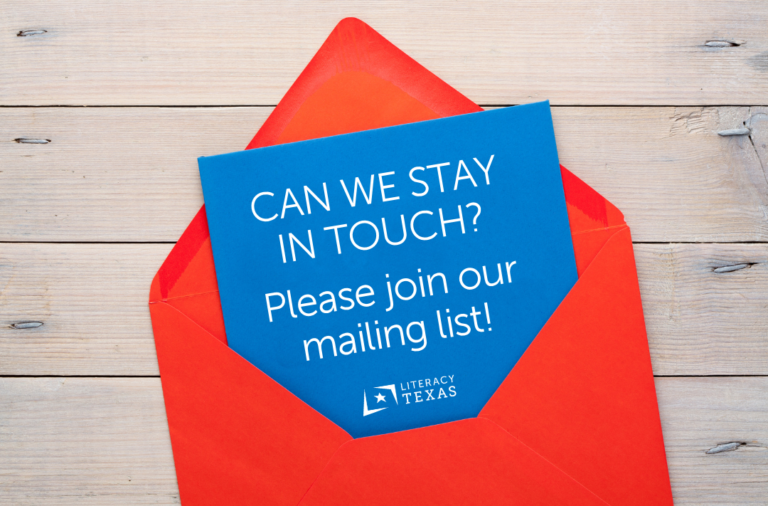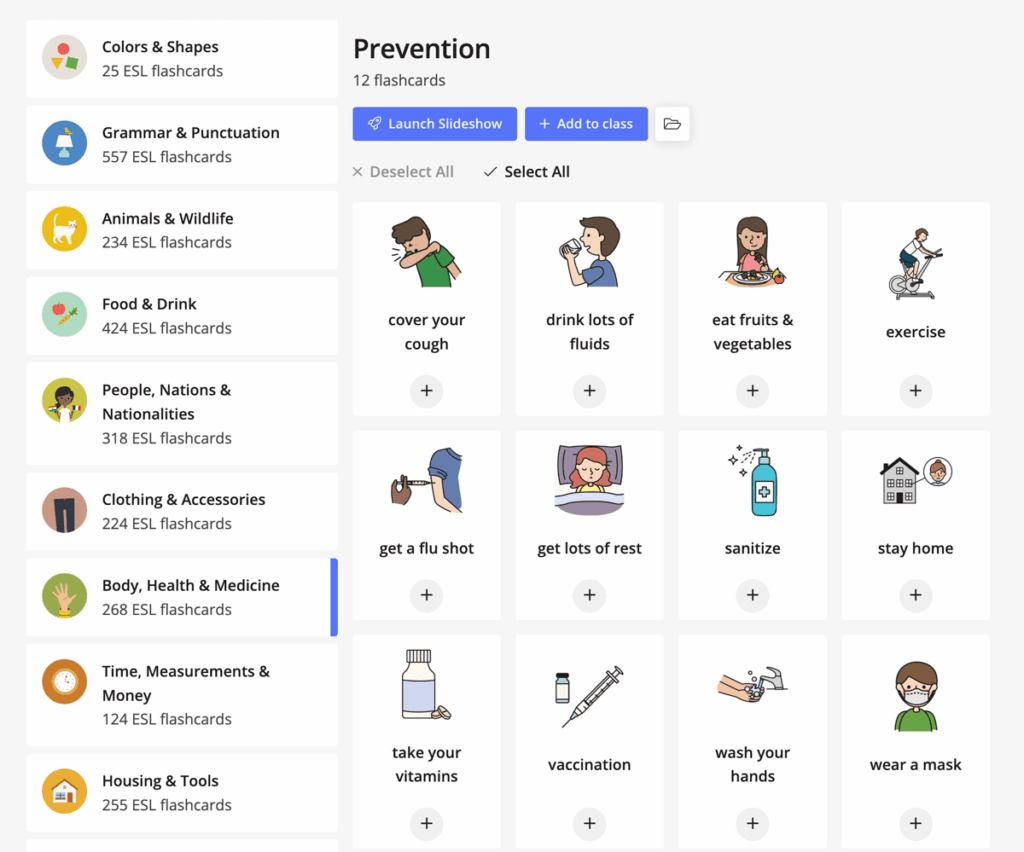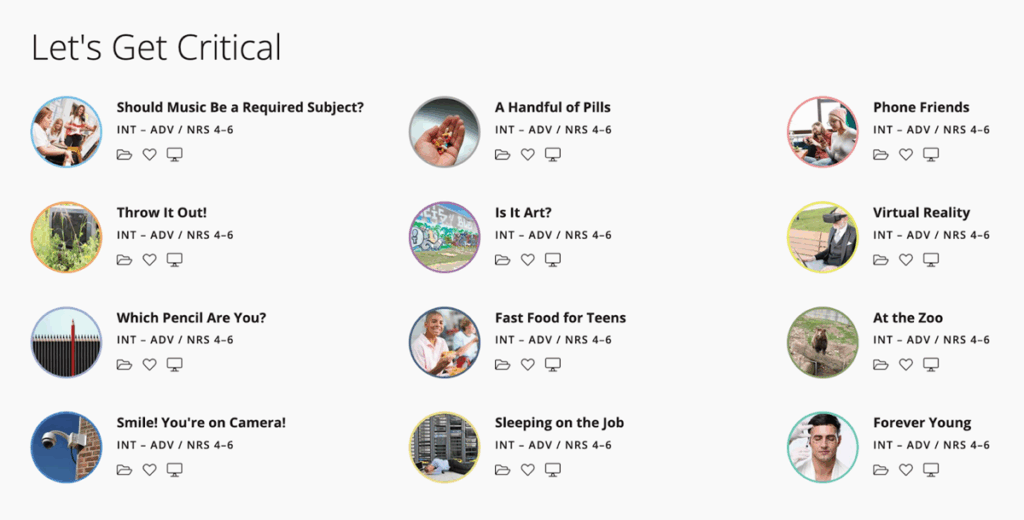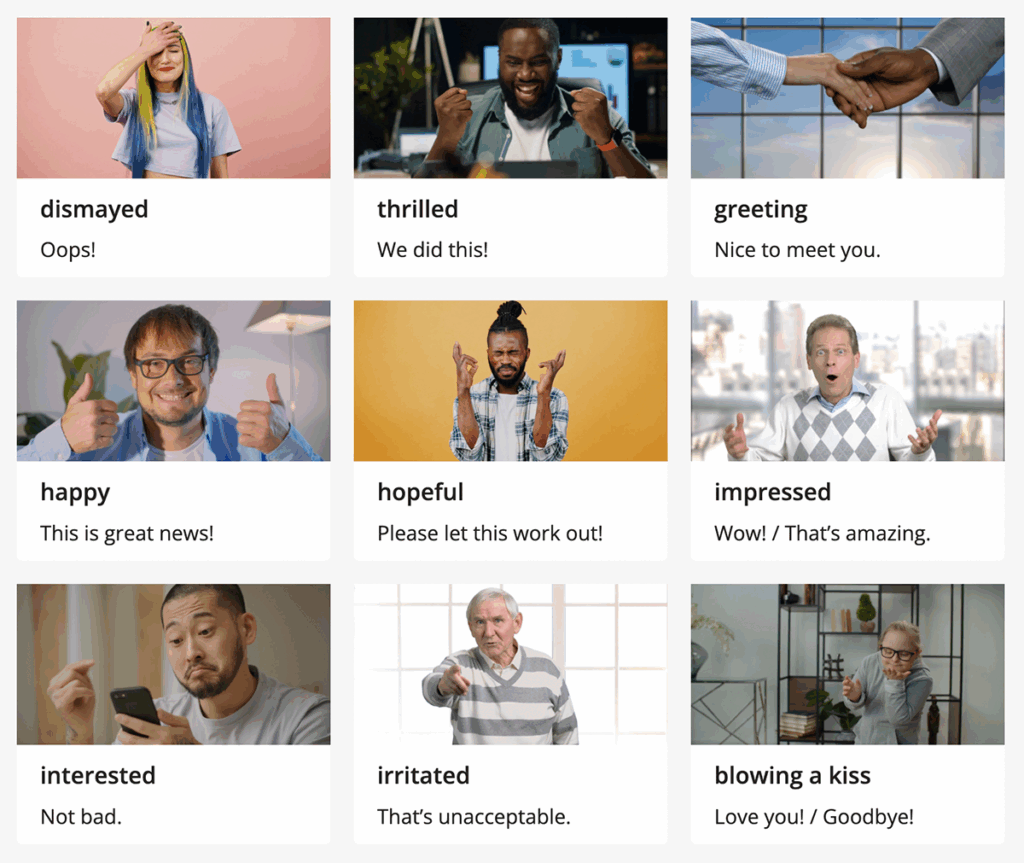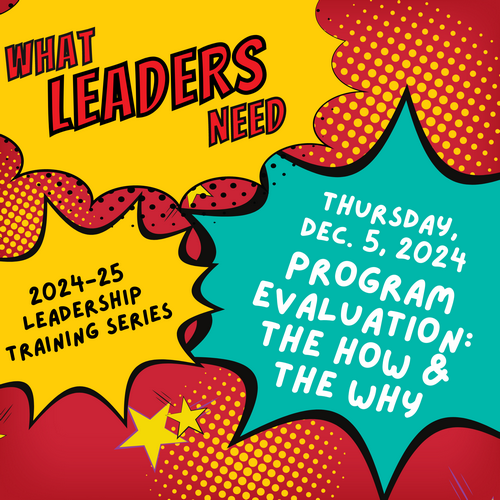The words in this blog title are all synonyms for “persist”. And they’re all what we hope adult students will do, when they first join our literacy classes. We want them to succeed!
And yet, too often, a student who started well begins to falter. Maybe they miss a class on a dismal, cold, rainy evening, or when the car just wouldn’t start. Perhaps a lower-than-hoped-for test score makes them feel demoralized.
Or maybe we just don’t know why – one week they’re there, and the next week they’re not – and we never see them again.
What’s going on? How do we help ALL our students carry on, continue, endure – and ultimately, prevail?
There have been a lot of studies done on this topic, and often presented to literacy programs in the form of “retention”. You need to work out how to retain your students, some of the popular wisdom goes.
But the concept of Adult Learner Persistence turns that on its head. Instead of working on ways to make the program do better at retention, how do we find ways to help adult students tap into their own personal motivations to persist?
The New England Literacy Resource Center did a marvelous study on this exact topic in 2008. 15 years later, their findings are still monumentally important and can inform literacy programs of all kinds and in all places. You can read about their findings and download the entire report here – and we encourage you to do so.
And in November, our online Best of Texas session will spend an hour looking at persistence in practice. As a quick refresher, that will include:
- The difference between retention and persistence
- The 6 Drivers of Persistence:
- A Sense of Belonging & Community
- Clarity of Purpose
- Agency
- Competence
- Stability
- Relevance
- A practical look at the drivers in action
Interested in joining us?
A version of this blog post originally appeared in September 2023.
Get Texas literacy updates
Join our mailing list so you don’t miss any news:
- Local and national literacy news
- Conference updates
- Regional symposia
- Best of Texas
- Advocacy
- …more!

